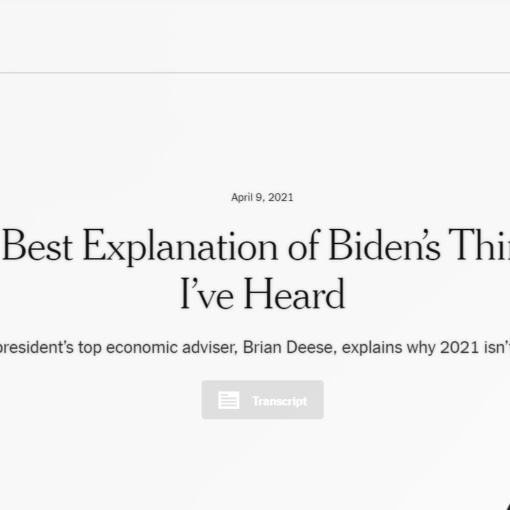Talk Is Cheap – Drugs Are Not
The so-called Pelosi bill, H.R. 3, Lower Drug Costs Now Act, was introduced on September 19, 2019 by Representative Frank Pallone (NJ-06) Chairman of the Energy and Commerce Committee. The bill would lower prescription drug costs by empowering Medicare to negotiate lower prices and creating a new, $2,000 out-of-pocket limit on prescription drug costs for seniors through Medicare Part D. Last Thursday, the bill was expanded to provide seniors with dental, vision and hearing benefits not currently covered by original Medicare. The nonpartisan Congressional Budget Office (CBO) has estimated it would save the government $500 billion over 10 years. An updated CBO estimate is expected before the bill goes to the House floor for a vote this week. House progressives are considering voting against a procedural motion to proceed to a vote.
S. 2543, Prescription Drug Pricing Reduction Act is the Grassley-Wyden bill introduced on September 25, 2019. (Senator Grassley is the Chairman and Senator Wyden is the Ranking Member on the Finance Committee) Their bill would cap Medicare beneficiary out-of-pocket costs for prescription drugs at $3,100 per year, beginning in 2022. It would lower the standard copay to 20% from the current 25% and require drug makers to rebate Medicare if they raise prices above the rate of inflation. Preliminary CBO estimates show the legislation would save Medicare $85 billion over 10 years. The Grassley-Wyden bill does not grant Medicare the power to negotiate prescription drug prices.
Senate Majority Leader Mitch McConnell (Kentucky) has made no public commitment about whether he will bring the Grassley-Wyden bill to the Senate floor for a vote. While a number of Republicans reportedly support the Grassley-Wyden bill, many oppose it, particularly on the provision that requires drug companies pay back Medicare if their prices rise faster than inflation.





